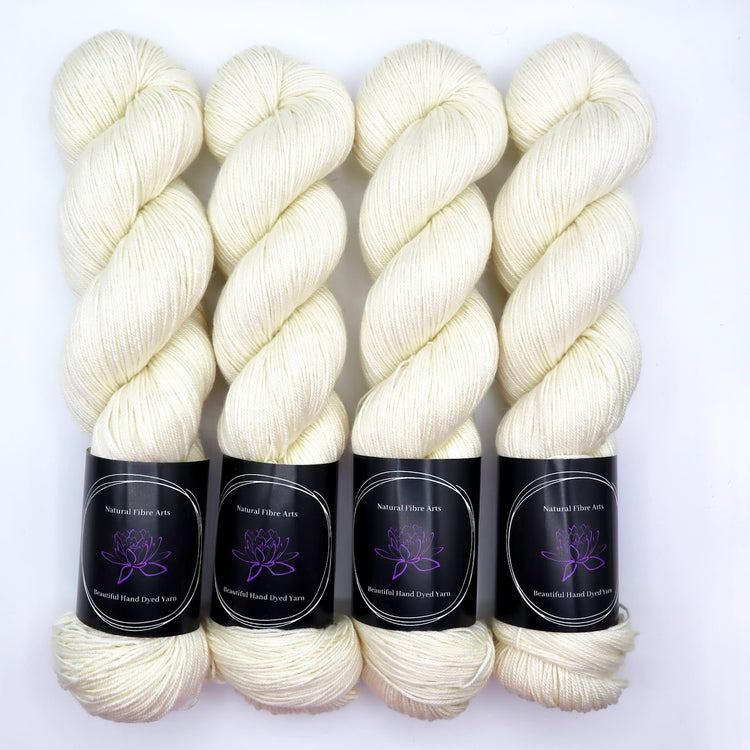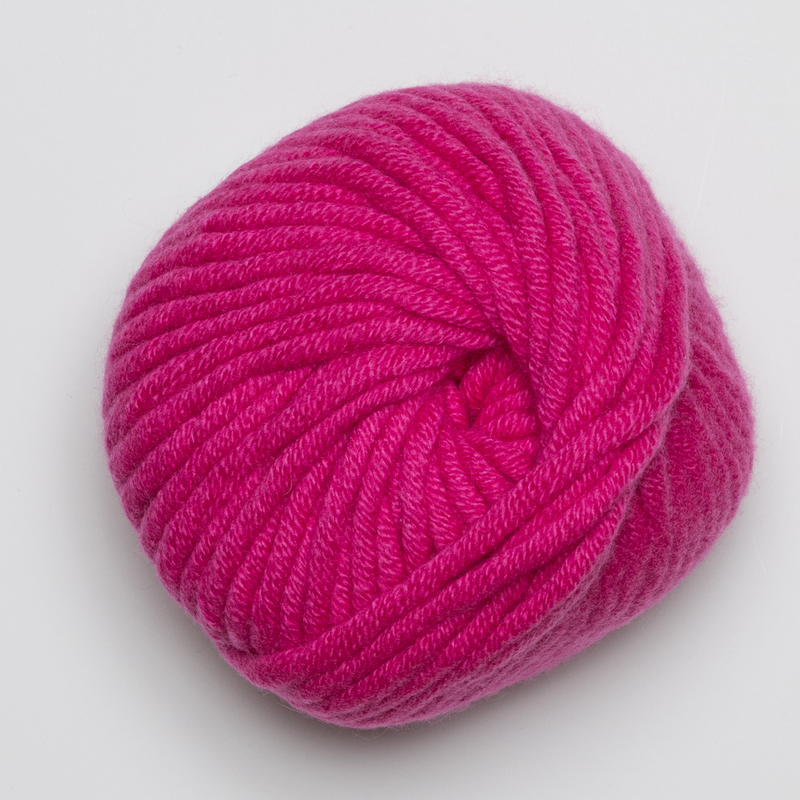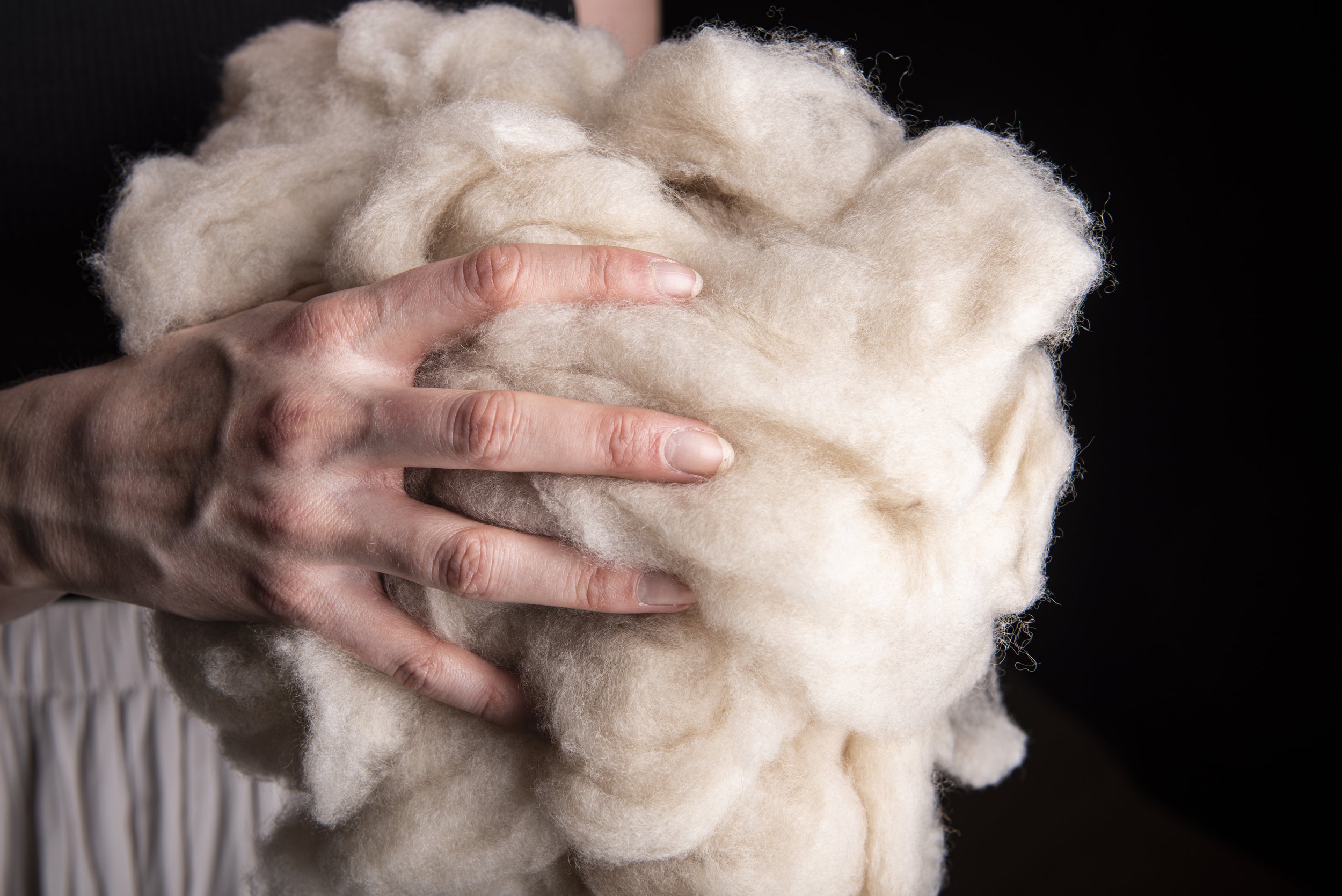Comprehending the Various Kinds Of Cashmere a Natural Fiber and Their Special Advantages

The Origins of Cashmere: A Historical Summary
While the extravagant touch of cashmere remains to appeal modern consumers, its beginnings trace back to the rough, chilly environments of Mongolia and the Mountain ranges. For centuries, the native peoples of these areas have actually been raising Capra Hircus goats, the prime resource of cashmere woollen. These goats, resilient versus the extreme winters months, grew a fine undercoat to survive, which later ended up being referred to as cashmere. The name itself admires Kashmir, an area in India where the woollen was initially refined. Much of the very early cashmere profession path was assisted in by the Silk Road, linking Asia with the Center East and Europe. Regardless of its worldwide spread, the finest cashmere is still thought to stem from the initial regions of Mongolia and the Himalayas.

The Manufacturing Refine: From Goat to Garment
Shearing a Capra Hircus goat marks the inception of the complex cashmere production process. The resultant raw cashmere is after that cleaned to get rid of pollutants such as dirt, veggie, and grease issue.
The clean fiber goes through coloring, spinning, and weaving, or knitting, to change it into a fabric. Complicated treatments like top quality control checks and finishing processes comply with, making certain completion item preserves the lavish criterion expected of cashmere. This meticulous procedure, from goat to garment, validates the high cost affixed to cashmere items, making them a symbol of deluxe and refinement.
The Different Kinds of Cashmere: A Thorough Evaluation

The Unique Benefits of Cashmere: Comfort and Sustainability
Relocating from the variety of cashmere kinds to the advantages they provide, comfort and sustainability attract attention plainly. Cashmere, an all-natural fiber, is renowned for its unparalleled gentleness, giving a level of comfort that artificial fibers can't match. The product's agility, yet remarkable heat retention, makes it perfect for all periods. In addition, cashmere's all-natural flexibility permits it to go back to its original shape, making it resistant to stretching or reducing.
When it involves sustainability, cashmere is naturally degradable and eco-friendly, as it's gathered from cashmere goats that regrow their coats annually. what is cashmere. Unlike artificial fibers which can take centuries to decompose, cashmere's effect on the environment is very little. This mix of comfort and sustainability makes cashmere a valuable choice for mindful consumers

Taking Care Of Your Cashmere: Maintenance and Conservation Tips
While cashmere is unquestionably a elegant and sustainable choice, it needs particular care to maintain its quality and extend its life-span. To start, cashmere need to be hand cleaned utilizing chilly water and a light detergent. Cashmere things must be saved in a trendy and dry location, away from straight sunlight and dampness.
Purchasing Cashmere: Understanding Its Worth and Worth
Although cashmere might initially appear like a pricey financial investment, its lasting worth and worth ended up being obvious when you consider its remarkable high qualities. Understood for its unparalleled softness and heat, cashmere is a costs all-natural fiber that exceeds other products. Investing in cashmere, as a result, is not simply about present style trends, however about welcoming a lasting, resilient, and luxurious way of living.
Final Thought
In recap, the type of cashmere one chooses, be it Mongolian, useful link Chinese, or Italian, is dictated by specific choices for heat, budget, luxury, and sustainability. Recognizing the beginnings, production procedure, and distinct benefits of various kinds of cashmere can assist customers in their investment in this extravagant all-natural fiber.
Whether it's the exceptional heat of Mongolian cashmere, the price of Chinese cashmere, or the eco-conscious manufacturing of Italian cashmere, there's a tale to be found behind each fiber kind. Cashmere, a natural fiber, is renowned for its unmatched softness, offering a degree of convenience that artificial fibers can not match.When it comes to sustainability, cashmere is biodegradable and eco-friendly, as it's gathered from cashmere goats that regrow their coats every year. Recognized for its exceptional soft qualities and heat, cashmere is a costs natural fiber that outperforms various other materials. Recognizing the origins, production process, and one-of-a-kind benefits of different kinds of cashmere can assist customers in their financial investment in this glamorous all-natural fiber.